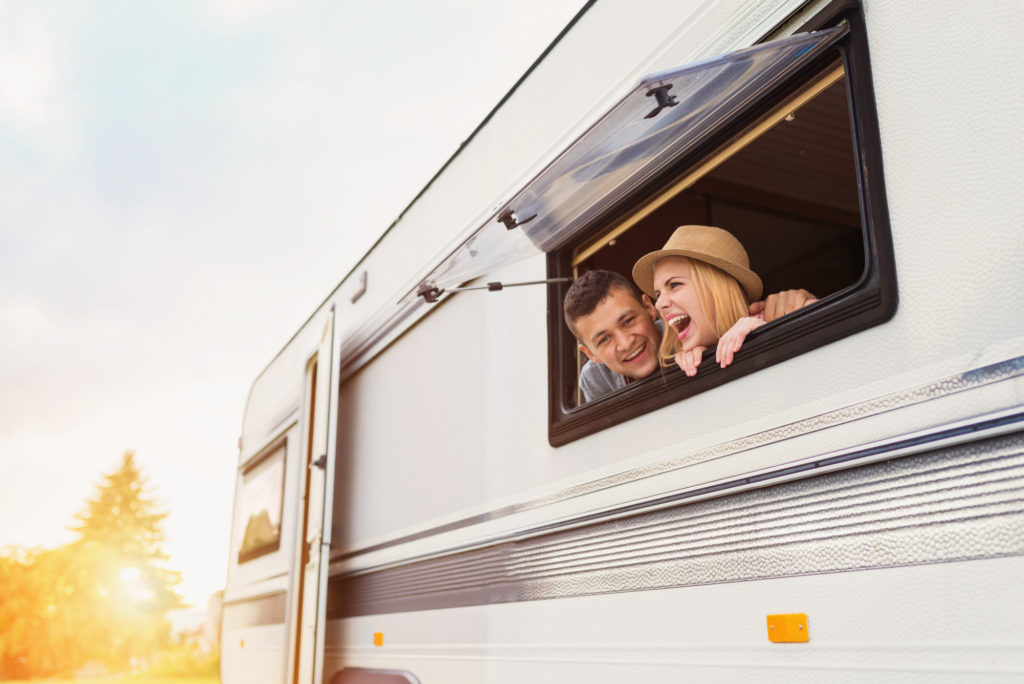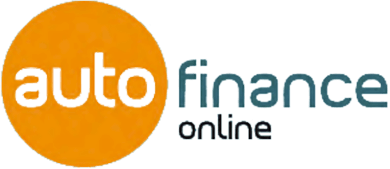Buying a Caravan Guide (Top 10 Tips)

An Englishman’s home is his castle: this is never truer than when it comes to a home on wheels. Buying a caravan is serious stuff, so it’s important to do your homework before making your investment.
You are going to be in good company because there are more than half a million touring caravans in the UK. That means plenty of second-hand caravans to choose from as well as brand new ones.
Here’s our guide on what you need to weigh up before making your decision.
1. Can Your Car Tow a Caravan?
The Vehicle Identification Number, or VIN, of your car is going to tell you how much your car weighs. Your caravan shouldn’t exceed eighty-five percent of the vehicle’s weight.
If you passed your driving test after January 1st, 1997 then the total weight of your car and caravan can’t exceed three and a half thousand kilos.
For extra piece of mind, it’s a great idea to use a tow recommendation company such as https://www.towcheck.co.uk/. For a one-off payment of £1.99 their online tool will tell you which caravans your car can tow both safely, and legally. Try it now to find your perfect car and touring caravan towing combination.
Now that you’ve established how heavy a caravan you can actually tow, you can start looking.
2. What’s the Budget?
If you’re buying new then you’ll need around ten thousand pounds at the very least to get anything half decent. Buying used obviously requires less budget.
If you’re not lucky enough to have the available funds in your bank account you’ll need to consider how you intend to finance your purchase. The cost of credit will depend on the length of the loan, your current credit rating and the total amount you wish to borrow.
Bear in mind that although caravans tend to hold their value fairly well, the longer you keep it the more value you get from it.
3. Ask Yourself the Important Questions
Ask yourself why you want to buy a caravan. That may sound silly but it isn’t. How you answer this question will help you make the right choice.
How often do you plan to use the caravan? Are you going to be taking the family? How many berths do you need? What layout will best suit your needs?
Make a list of the specifications you’ll want. These will be things like deciding on the number of beds you’ll need, or whether you’d like a separate shower, or if you want the caravan to have heating.
If you buy a new caravan, remember that manufacturers offer a selection of layouts to suit all requirements. For example, if you’re going to be travelling with the kids, you might like bunk beds. If you’re a couple, you might prefer a fixed double bed.
4. Online Reviews
Reading online reviews is useful and may help you to weed out any particular makes or models which seem to have recurrent problems, or shortlist those that earn rave reviews.
Online research is a great way to start, but nothing’s going to beat inspecting a caravan in person.
5. Inspecting the Caravan
Once you’ve honed in on a caravan that you think you may like to buy, here are some top inspection tips.
Take a tape measure and a torch with you so you can inspect underneath the caravan.
If possible, bring a damp meter so can see what the caravan’s moisture levels are. You’ll be able to buy one of these from a DIY store for around twenty pounds.
This is going to give you a general idea if there are damp issues. You could well have a stronger ability to strike up a bargain if you think you’ve found problems.
If the seller objects to you using a damp meter then take it as a warning that something might be wrong.
Remember to take plenty of pictures so that you can review aspects of the caravan later.
6. Underneath the Caravan
Check thoroughly underneath the caravan for any signs of rust. Look for dents, marks, and scratches.
Leaks can be a real deal-breaker when it comes to a second-hand caravan. They can cause serious damage to the caravan’s walls, floor or roof. These issues are sometimes not noticeable to a casual observer. They can be very costly to put right.
If you’re considering buying privately, then it would be wise to take an expert with you. There are several organisations which offer this type of service for a fee.
7. The Caravan’s Interior
Try opening and closing all the doors and windows. Make sure everything locks properly.
Check any gas and electrical connections. Inside, try out all the lights and make sure the sink and shower are working.
Look for any signs of dampness. Bad smells could be a giveaway of this kind of problem.
You should inspect the roof, cabinets, and flooring to ensure they’re all in a decent condition. You’ll also need to know how old the caravan is and if it’s had any previous owners.
You should ask where the caravan has been kept when it’s not been used. Check the caravan’s logbook and service history. Importantly, ensure that spare parts are still available for this particular make and model of caravan.
8. Buying from an Accredited Dealer
If you buy from an NCC approved dealer, then you may be able to reduce your insurance premium. These dealerships are required to stick to a code of practice which helps to protect the consumer.
Some dealers may require a deposit, but it is still possible to borrow this as part of an overall finance package.
When buying through a dealer rather than a private seller, you may pay a bit more but that can sometimes be offset against other benefits. You may get the reassurance of the dealer’s warranty, aftercare package and lower monthly payments from the finance company.
A dealer should also undertake a ‘Pre-Delivery Inspection’ on your behalf, offering additional piece of mind that the caravan is in sound condition.
It’s also worth considering buying from a dealership that’s close to where you live. If you have any problems, you don’t want to have to tow the caravan back over a long distance.
9. What Time of Year Is Best to Buy?
Believe it or not, there are certain times of year that are better to buy caravans than others. The best time to buy a brand-new caravan is in the winter. This is when dealerships secure fewer sales and may be willing to do a better deal.
Spring is the time least recommended to buy new. Normally in the summer months, there are more second-hand caravans available.
10. Where Will You Store Your Caravan?
It’s important to consider where you’re going to store your caravan when you’re not using it. Leaving your caravan exposed to the elements over the winter months is not going to be great for it.
Keeping it in a covered storage unit will help. It will be more secure and doing this can also reduce your insurance premiums. If this is still going to break the budget, then you could consider investing in a breathable cover.
If you want to keep the caravan on your driveway, double check the property deeds or with the local council to make sure this is allowed.
Setting off on Your Big Adventure
After buying a caravan, try it out as quickly as possible. If you’re new to caravanning then perhaps pick a place for a weekend away that’s not too far from home. This will help you iron out any problems before you set off further afield.
Watch this video to see how we can help you to finance your dream caravan.
Get a Quote
payments of
Cash price £15,000, deposit £0, total amount of credit £15,000, term 7 years, 84 monthly payments of £244.99, on a hire purchase agreement, option to purchase fee £1, total amount payable £20,578.77, representative APR 9.9%, rate of interest 9.9% fixed.
Rates may differ as they are dependent on individual circumstances. Subject to status.

